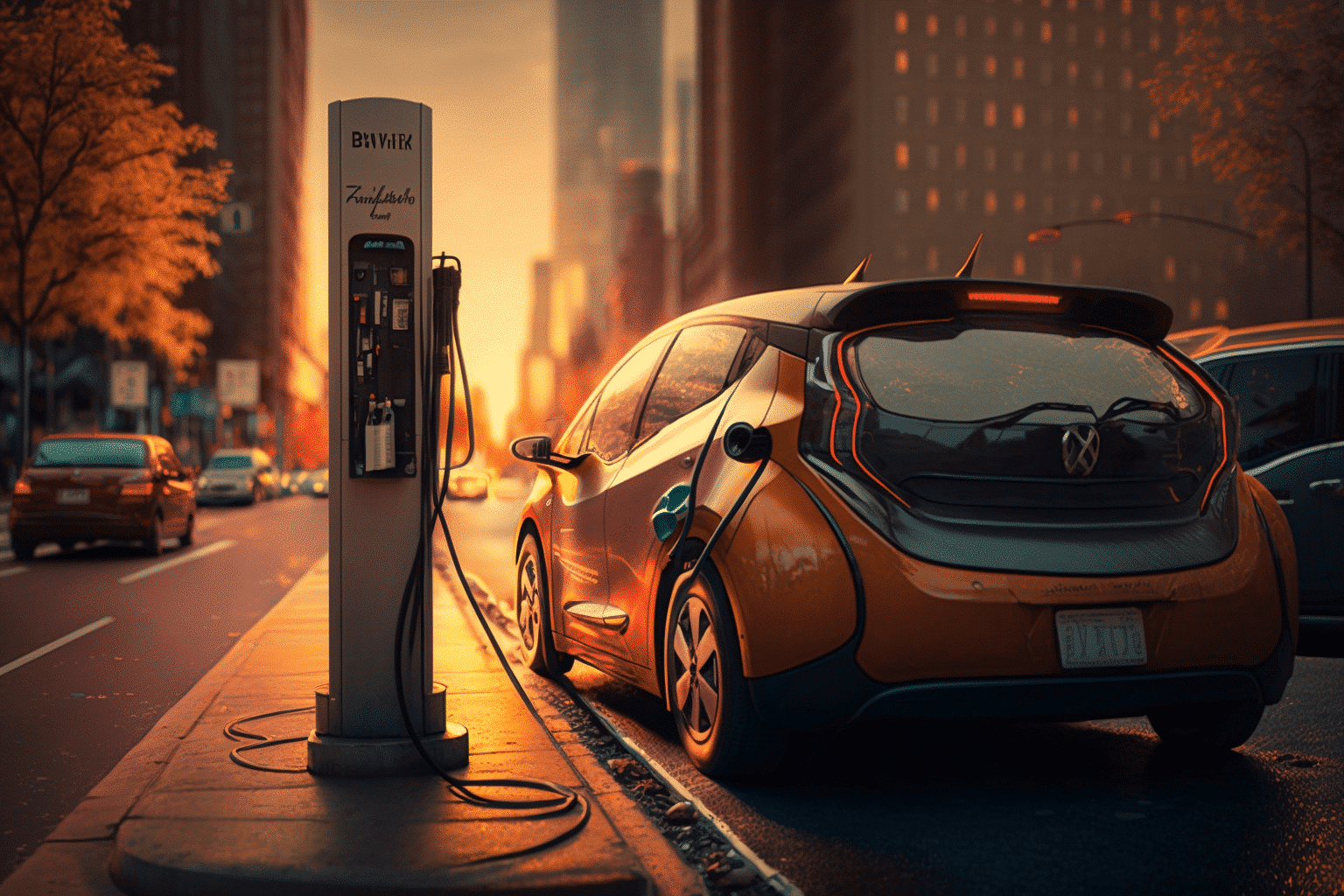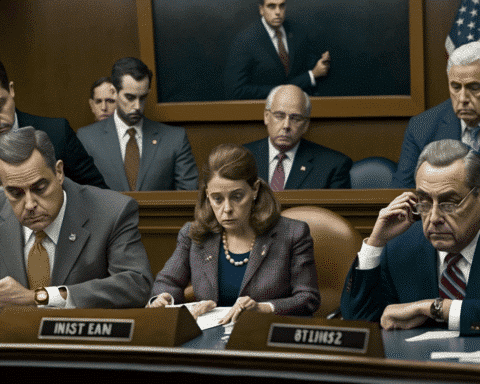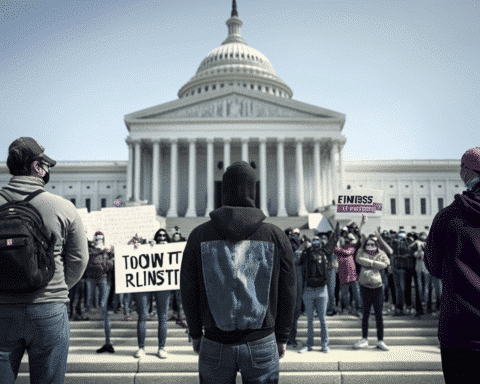A new poll conducted by the Pew Research Center shows that only 8% of U.S. adults own or lease an electric vehicle (EV), and just 8% say their household has a plug-in hybrid vehicle. These statistics show that while electric vehicles have been on the market for several years now, they have yet to gain significant traction in the U.S. market.
Low Likelihood of Purchasing an EV
According to the survey, just 19% of American adults consider it “very” or “extremely” probable that they would acquire an electric vehicle when they purchase their next automobile, while 22% believe it is somewhat probable.
This data indicates that the majority of Americans still have reservations about switching to electric vehicles.
Reasons for Hesitation
The poll shows that six in 10 Americans say the high cost is a major reason they wouldn’t buy an EV.
Moreover, 75% of respondents mention that inadequate charging infrastructure is a reason for not opting for electric vehicles, with 50% considering it a significant deterrent. Furthermore, two-thirds of those surveyed identify a preference for gasoline cars as a significant or minor obstacle to going electric.
Tax Credits at Risk
The tax credits authorized by the Inflation Reduction Act of the previous year were intended to lower the prices of electric vehicles and encourage more purchasers. However, the U.S. Treasury Department’s latest proposals may result in fewer electric vehicles meeting the requirements for the entire $7,500 federal tax credit in the future.
As a result, this development may dissuade potential customers from considering electric vehicles in the future.
Political Divide
Interestingly, the poll also revealed a political divide on the issue. About half of Republicans, 54%, say a preference for gasoline-powered vehicles is a major reason for not buying an EV, while only 29% of Democrats say that. This finding suggests that political ideology may play a role in the adoption of electric vehicles.
The Road Ahead
Despite the current hesitance towards electric vehicles, many experts predict that this trend will change in the coming years. With the global push for reducing carbon emissions, many governments are offering incentives for electric vehicle purchases, and automakers are investing more heavily in developing electric vehicle technology.
In addition to this, the price of electric vehicles is expected to come down in the near future, making them more accessible to the average consumer. It remains to be seen how the proposed changes to the federal tax credit will impact the electric vehicle market, but with advancements in technology and growing environmental concerns, it is likely that electric vehicles will become more popular in the years to come.
Overall, the new poll reveals the current hesitance of Americans towards electric vehicles. While high costs, limited charging stations, and a preference for gasoline-powered vehicles are all significant barriers to adoption, it is possible that these issues will be addressed in the near future. With growing concerns about climate change and efforts to reduce carbon emissions, electric vehicles may soon become a more viable and attractive option for many consumers.




